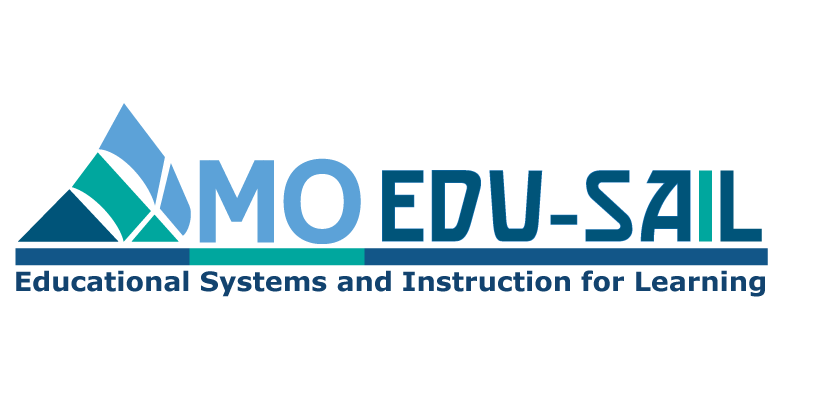“Teacher inquiry is the search for knowledge and solutions through systematic, intentional study of practice.”
(Cochran-Smith & Lytle, 1993)
OVERVIEW
Collaborative Teacher Inquiry is a process (Starke, 2019) that supports educators to become change agents by helping teachers investigate instructional challenges over time. Through the Collaborative Teacher Inquiry process, teachers analyze evidence and uncover cause and effect relationships regarding teaching and learning (DeWitt, 2016). Collaborative Teacher Inquiry teams can be formed for a variety of contexts with any group that has a common goal focused on issues relevant to them and their students. It is a formal process that includes collecting data, observing trends, and reflecting on practice. A group reviews current research, collects evidence, has guided discussions, and reflects on instructional delivery. It requires teachers to examine both student reasoning and the degree to which students are learning. Collaborative inquiry has been shown to improve the quality of teaching and increase student learning (Starke, 2019).
This lesson is aligned with Essential Function 5 of the Collective Teacher Efficacy Practice Profile. The lesson clarifies what is meant by collaborative teacher inquiry, examines its impact on student outcomes, and connects the process to Collective Teacher Efficacy. The critical components and steps of an inquiry model, along with effective strategies for implementing and supporting collaborative teacher inquiry are discussed.
Essential Function 5: District/Building leaders design intentional supports that promote collaborative teacher inquiry.
Teachers participate in collaborative inquiry that includes the following criteria.
- Has a formal structure (meeting times, teams, and process are defined)
- Builds consensus around compelling problems of instruction
- Involves collaborative collection and analysis of data relevant to the identified problem of instruction
- Results in collective commitment to a plan to address student needs
- Results in evaluation of the plan and further adjustments
- Improves teachers’ understanding and teaching practices
![]() Download the Collective Teacher Efficacy Practice Profile
Download the Collective Teacher Efficacy Practice Profile
Reflection Questions
- How might Collaborative Teacher Inquiry help enhance Collective Teacher Efficacy?
- How do teachers in your school/district currently examine evidence to understand student reasoning and adjust instruction?
- What structures are in place to support teachers to collaboratively research and implement more effective teaching practices to improve instruction?

